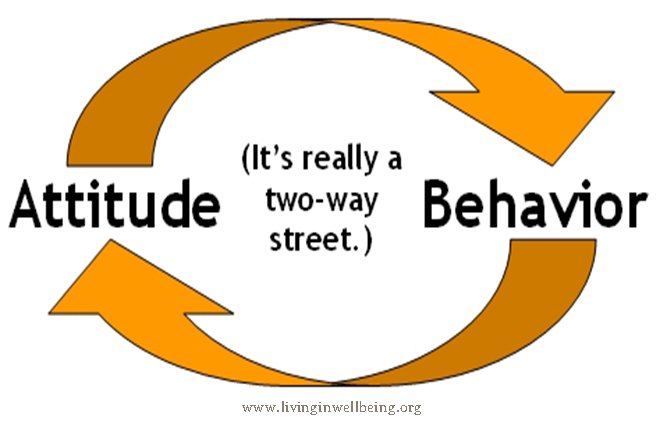
Loss, grief and death are universal occurrences. From one country to another, all over the world, every human being will experience, or has experienced loss, grief and death.
It is not a question of if, but rather a question of when. We do not and should not live our daily lives wondering when it will happen but I believe that it is important for each of us to understand that it will.
The awareness of knowing will help us seek out the people and knowledge that will help us experience healing grief as opposed to debilitating grief.
As a child I experienced the separation of death when my grandparents died and over the years, when my pets died. Too young to understand what it was all about or the feelings that I was experiencing, I did what many do and ignored those feelings. I did not ask questions. I had no understanding of grief-what it was or what to do about it.
I grew up a child of the sixties to parents who had strong views about certain things and who themselves had been taught that showing emotion, taking about death or your feelings was not proper.
Children, as I did, learn to cry alone, act out or find other unhealthy ways to deal with feelings they don't understand. They need to have a safe person to talk to, to be able to shed tears with others and learn good ways to deal with the losses that they experience. It took me many years and many more losses to be able to understand what grief was and how it impacted on my life, my decisions and the person that I had come to be.
As a society we are generally a death denying people. We run hard and fast, work beyond our capacity, amass lives filled with anything and everything that we can imagine. All of this is done in the pursuit of some elusive happiness. Our houses our bigger and fancier, our incomes greater and our leisure toys more numerous.
When a loss or a death of a loved one touches our lives, we have no concept of how to deal with the grief.
We rely on old patterns of behavior taught to us by our parents and often these patterns of behavior are destructive to our emotional, physical and mental health. Psychologists suggest that approximately 50% of mental illness is a direct result of unresolved grief. That grief may be the result of many different types of losses and is not necessarily a result of the death of a loved one. For example, children experience grief and suffer a loss when a pet dies, when a friend moves to another town or city or when they fail a test at school. They experience grief when their parents separate and divorce and will continue to experience that grief until they find a way to accept the situation as a permanent one.
Adults experience grief from many losses other than death. For example, the loss of a job, separation and divorce, financial setbacks, loss of long-time friendships, etc., are all grief experiences.
It is important for us to realize that the grief experience is not encountered due to the death of someone that we love alone, but a companion that will come and go often during our lifetime. How we deal with that companion whenever it enters our life is of paramount importance for every area of our lives, now and in the future.












